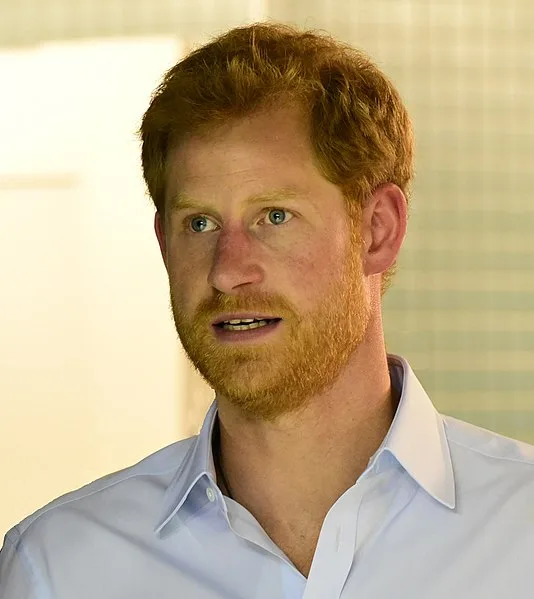The decision to honour Prince Harry with the Pat Tillman Award for his work with the Invictus Games sparks widespread debate and petitions against his suitability
Prince Harry, Duke of Sussex, finds himself at the centre of a contentious debate as a petition challenging his upcoming receipt of the Pat Tillman Award gathers over 63,000 signatures. The award, bestowed by ESPN for his leadership of the Invictus Games—a competition celebrating wounded veterans—is facing scrutiny from critics who argue that other candidates are more deserving.
The controversy intensified following remarks by Mary Tillman, mother of Pat Tillman, expressing reservations about Harry’s selection. She contends that the award, named after her son who died in Afghanistan, should honour someone who has made significant personal sacrifices akin to Pat’s.
Embed from Getty ImagesESPN, the network behind the award, defended their decision, highlighting the “incredible” impact of the Invictus Games in supporting veterans. A spokesperson emphasized the Games’ role in inspiring and empowering wounded service personnel worldwide, underscoring their commitment to celebrating resilience.
Amidst this backdrop, Kate Middleton’s parents, Michael and Carole Middleton, made a notable appearance at Wimbledon, their second public outing since Kate’s cancer diagnosis announcement. The Middletons were seen in the prestigious Royal Box, enjoying the tournament’s action from the best vantage point on Centre Court.
Analysis:
Political Perspective: Politically, the backlash against Prince Harry’s award reflects broader sentiments about recognising public figures, especially those associated with controversial actions or statements. The petition underscores public expectations of integrity and suitability in award recipients, particularly in fields honouring service and sacrifice. Harry’s defence may hinge on his ongoing advocacy work, but the controversy highlights the intersection of celebrity status with traditional honorifics.
Social Perspective: Socially, the petition reveals divisions in public opinion over the role of public figures in championing causes like veteran support. While Harry’s advocacy for wounded veterans through the Invictus Games is widely acknowledged, criticisms cite past controversies and public disclosures that some argue undermine the solemnity of military service. The debate underscores societal expectations of authenticity and consistency in public figures’ conduct, especially in contexts of commemoration and recognition.
Racial Perspective: From a racial perspective, Harry’s award controversy intersects with broader debates on privilege and representation. As a prominent figure, his actions and the accolades he receives are scrutinized through various lenses, including his position within the royal family and his advocacy roles. The criticism and defence around his award reflect ongoing discussions about equity and meritocracy, particularly in prestigious awards linked to themes of sacrifice and service.
Gender Perspective: Gender dynamics play a muted role in this controversy, with focus primarily on Harry’s actions and public perception rather than gender-specific critique. However, his role as a male advocate for veterans and the expectations of responsibility and conduct associated with masculine identities are implicitly part of the discourse. The controversy may indirectly influence perceptions of gender roles in advocacy and public service, albeit within the broader context of public figure scrutiny.
Economic Perspective: Economically, the impact of the controversy on Prince Harry’s public image could affect his future engagements and endorsements, potentially influencing brand partnerships and philanthropic support. For ESPN and sponsors associated with the Invictus Games, managing public perception amidst the controversy is crucial for maintaining credibility and support. The economic implications extend to broader discussions on corporate social responsibility and alignment with public values in awarding distinctions.
